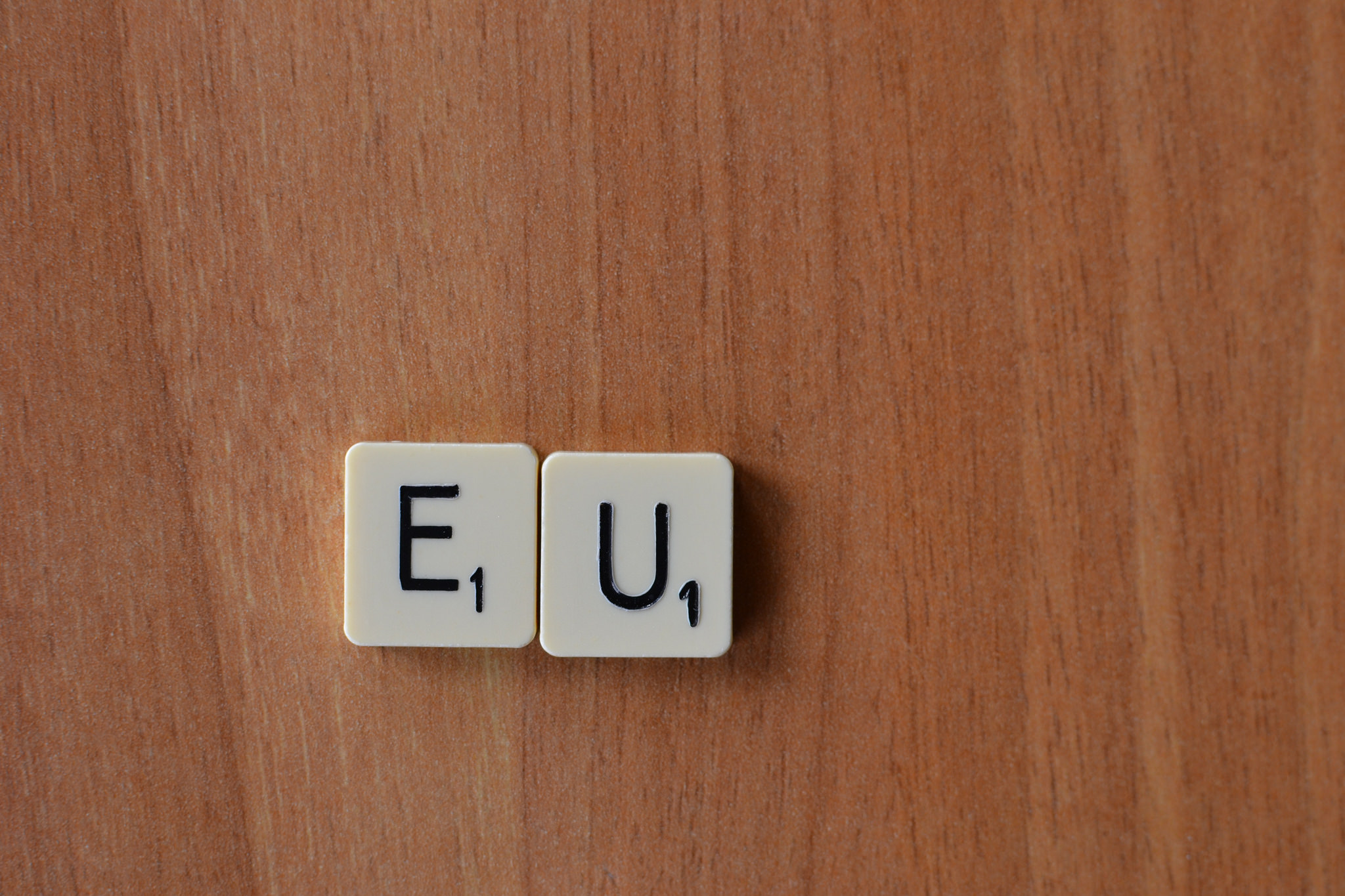Three internets?
Back in October 2018 The New York Times published an editorial on the ‘balkanisation’ of the internet.
There’s a world of difference between the European Union’s General Data Protection Regulation, known commonly as G.D.P.R., and China’s technologically enforced censorship regime, often dubbed “the Great Firewall.” But all three spheres — Europe, America and China — are generating sets of rules, regulations and norms that are beginning to rub up against one another. What’s more, the actual physical location of data has increasingly become separated by region, with data confined to data centers inside the borders of countries with data localization laws.
The New York Times
Interestingly, what we’re seeing now with the mooted banning/acquisition of TikTok shows that social networks are now important for state-level actors from a surveillance point of view.
Telegram, the chat app, is run by two brothers. One of them, Pavel Durov, is an intelligent and informed commentator on these events. Yesterday, he stated the following:
[T]he US move against TikTok is setting a dangerous precedent that may eventually kill the internet as a truly global network (or what is left of it). Before the US-TikTok saga, only autocratic countries like Iran, China or Russia were known for bullying tech companies into selling parts of their businesses to investors with close ties to their governments. It’s not surprising, for example, that Uber had to sell both their Russian and Chinese branches to local players.
Pavel Durov
What we’re witnessing is the slow eclipse of the USA by China as the dominant world power. Under the radar, China invests huge amounts of money in infrastructure projects in Africa and other developing areas. But it’s not a democratic nation, meaning that western companies face state interference in their attempts to penetrate the Chinese market.
It looks like the USA is trying to play China at their own game. I can’t see them being successful.
Authoritarian leaders all over the world are already using the TikTok case as justification in their attempts to carve out a piece of the global internet for themselves. Soon, every big country is likely to use “national security” as a pretext to fracture international tech companies. And ironically, it’s the US companies like Facebook or Google that are likely to lose the most from the fallout.
Pavel Durov
I couldn’t care about the fortunes of huge Silicon Valley companies. What I am interested in, though, is the future of the open web. Sadly, I just can’t see how, now that pretty much everyone is online, the current political situation will allow for unfettered global competition. Data, after all, is the new oil.
Back to The New York Times editorial, and their best (pre-pandemic) outlook from 2018 didn’t exactly look rosy:
Yet even the best possible version of the disaggregated web has serious — though still uncertain — implications for a global future: What sorts of ideas and speech will become bounded by borders? What will an increasingly disconnected world do to the spread of innovation and to scientific progress? What will consumer protections around privacy and security look like as the internets diverge? And would the partitioning of the internet precipitate a slowing, or even a reversal, of globalization?
The New York Times
Imagine that. We may have already lived through the golden age of the internet.
This post is Day 24 of my #100DaysToOffload challenge. Want to get involved? Find out more at 100daystooffload.com


